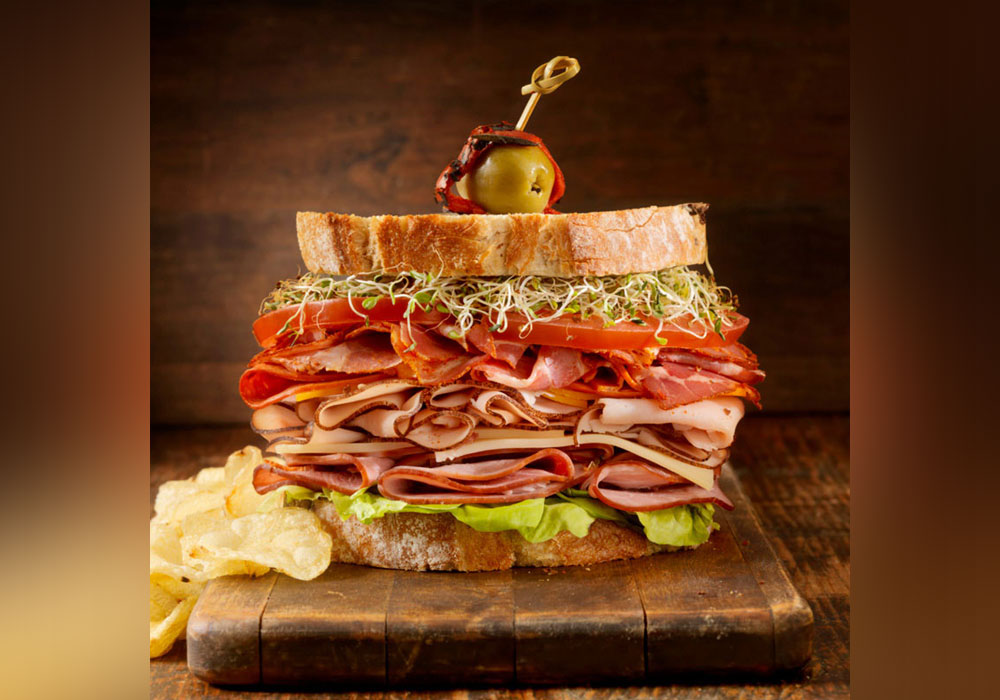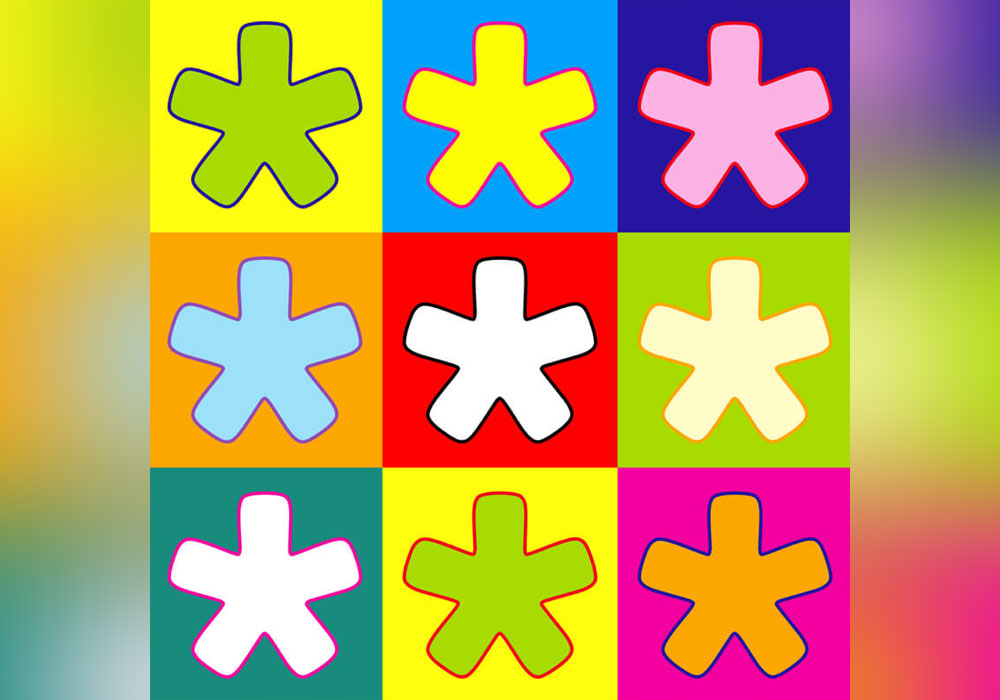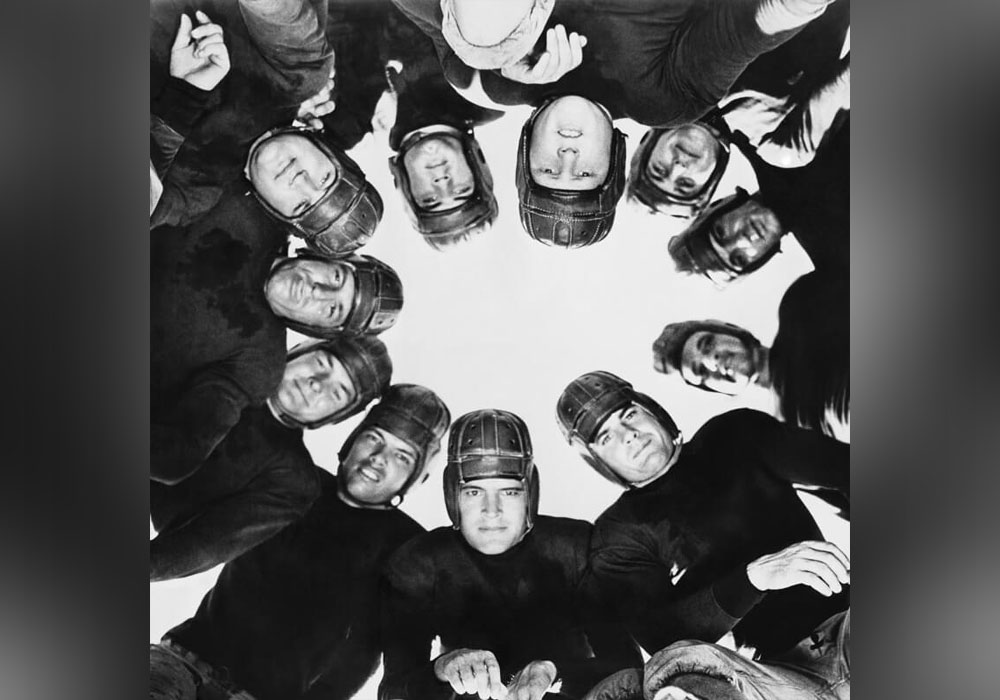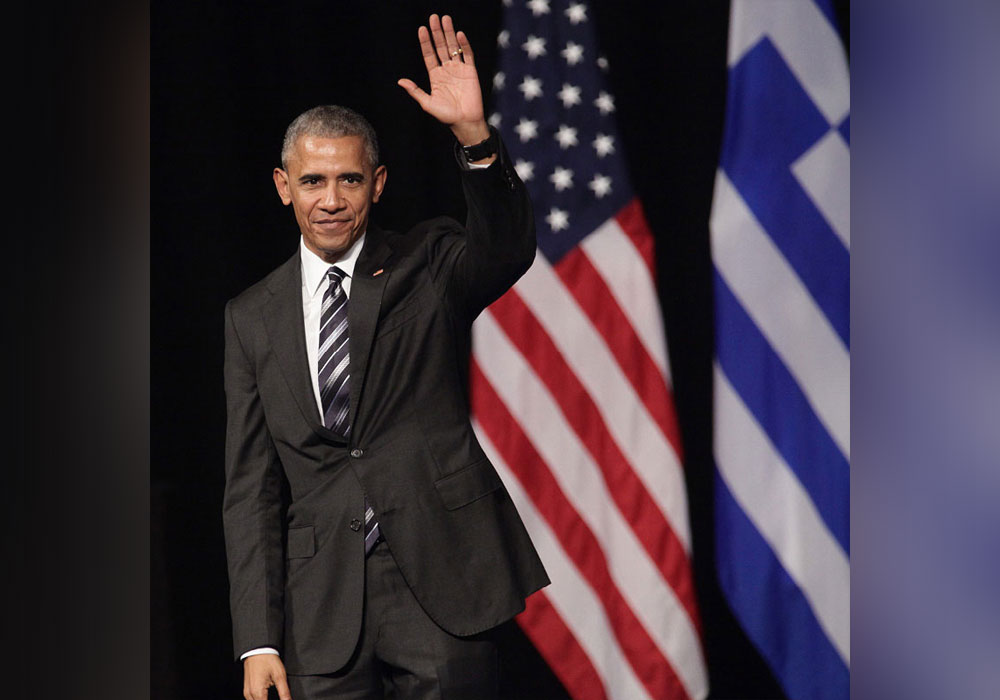Hot Dog! Are They Sandwiches, Or Not?
Sandwich. This is a word worth pondering on several levels. First, what’s its origination? Why is a piece of meat between two slices of bread called a sandwich? Second, many of us mispronounce it, referring to a sammich. And we’re saving the biggest controversy for last. Is a hot dog…a sandwich? We feel obligated to get to the heart of this matter. It’s why we’re …











